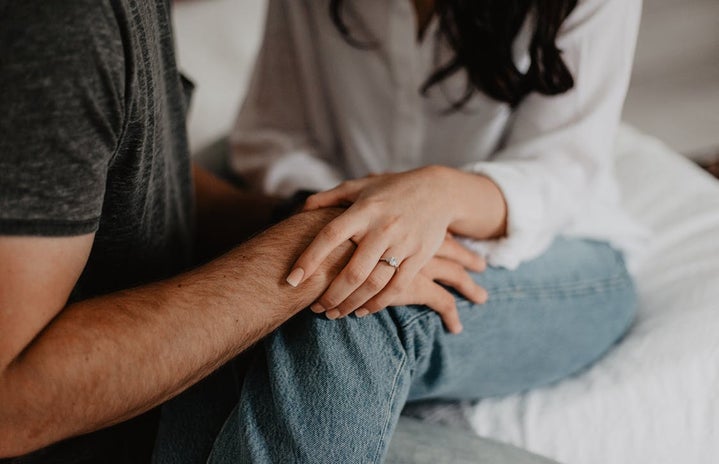Anxiety and stress are universal experiences that can impact everyone. These feelings can manifest in diverse ways among individuals, and the intensity of anxiety can vary. However, one thing is certain: there are effective strategies for managing anxiety, even during its most overwhelming moments.
Anxiety is the body’s reaction to actual or perceived threats, a natural response experienced by everyone at some point. While anxiety is commonly used to describe a sense of worry or unease, it’s important to differentiate between every day anxious feelings and diagnosed anxiety disorders, which encompass various conditions.
Understanding the causes and treatments of anxiety and stress can greatly aid in comprehension. Additionally, there are physical and mental actions that can be taken when experiencing these feelings. Of course, the best coping strategy for anxiety will be different for each person. I’ve compiled together 10 strategies that work well for me and you can try to see if they work for you.
- Practice focused, deep breathing: When you’re anxious, your breathing becomes faster and shallower. Try this exercise to slow down your breathing: count to 3 as you breathe in slowly, count to 3 as you breathe out slowly
2. Eat well balanced meals and to your hunger: Do not skip any meals. Have healthful, energy-boosting snacks on hand or whatever food you’re craving even if it’s junky. There’s no rule on how many meals or how much you need to eat. Do what pertains to you and make sure to balance your diet out so you feel good mentally and physically!
3. Exercise: At times, the most effective method to halt anxious thoughts is to exit a situation and engage in physical activity. Concentrating on your body rather than your mind can alleviate anxiety. Activities such as walking, yoga, and tai chi, which are gentle on the body, often assist individuals in reducing stress and addressing symptoms of anxiety. Going to the gym, doing yoga, or a walk helps me to calm my mind and boost my mood.
4. Get enough sleep: When stressed, your body needs additional sleep and rest. A proper night’s sleep leads to a natural decrease in cortisol and other stress hormones within your body. So prioritize your sleep!
5. Talk to someone: Talk to your friends and family if you’re feeling overwhelmed, and communicate how they can support you. Seek professional help by speaking with a physician or therapist. I know it’s hard opening up sometimes and being vulnerable but it helps to let out the stress and anxiety that has built up inside. It also helps those around you that you trust and care about, to better understand you and your needs.
6. Identify and learn to manage your triggers: Triggers can be recognized independently or with the assistance of a therapist. They can be apparent in some instances and less so in others.
Common anxiety triggers include:
- work, relationship, and other life stresses
- withdrawal from drugs or certain medications
- side effects of certain medications
- exacerbation of past trauma
- chronic pain
- caffeine
- smoking
7. Welcome humor A good laugh goes a loooong way. Hang out with your friends, watch a show or movie, go out, get food, etc!
8. Do your best & accept you cannot control everything: Rather than striving for unattainable perfection, take pride in how close you come. Put your stress into perspective by questioning if it’s truly as severe as you perceive it to be. Trust it will get better over time.
9. Therapy: I know therapy isn’t for everyone but for some it can help talking to a professional. Various forms of psychotherapy can assist you in gaining a deeper understanding of your anxiety and in developing effective coping mechanisms.
Cognitive behavioral therapy (CBT), for instance, teaches individuals new approaches to thinking about and responding to situations that cause anxiety. Studies demonstrate that CBT can be a highly effective approach to treating anxiety disorders.
10. Ask your doctor about medication: If your anxiety is severe enough for your mental health professional to consider medication beneficial, there are various options available based on your symptoms. It’s important to discuss your concerns with your doctor.
The most commonly prescribed medications for anxiety include:
- Selective serotonin reuptake inhibitors (SSRIs)
- Serotonin-norepinephrine reuptake inhibitors (SNRIs)
- Benzodiazepines
- Tricyclic antidepressants
Learn more about anxiety medications here.
Everyone has their own ways of coping but know that you’re not alone and not the only one. Anxiety affects millions of people around the world. But it is treatable and it’s possible for you to make a good recovery. Remember: You are not your anxiety. By combining self-help techniques with professional assistance, you can learn to alleviate anxiety and overcome your fears and worries!




